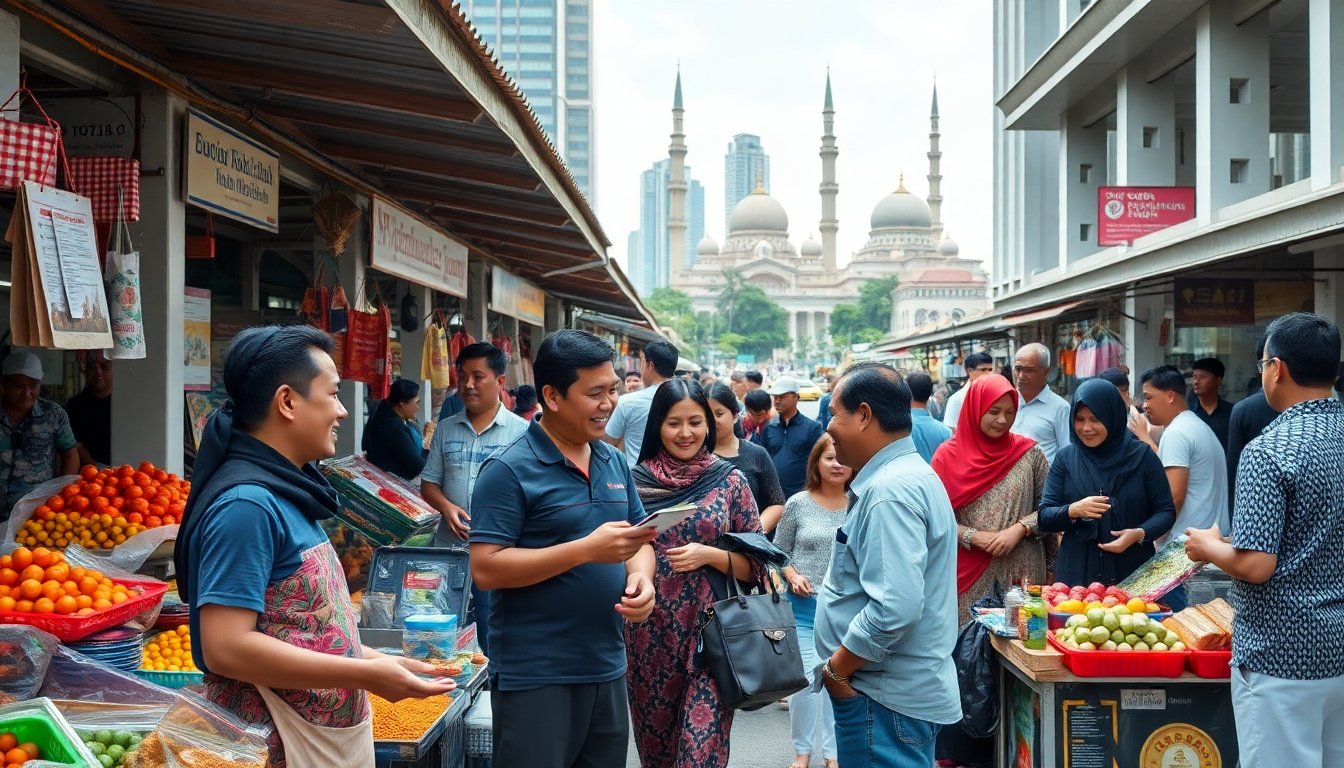Table of Contents
The discourse surrounding race in Malaysia has become increasingly contentious, often manipulated by political actors for their own gain. This trend is evident in the recent comments made by Transport Minister Loke, who addressed Malaysians residing in Hong Kong. He highlighted the deep-rooted divisions along class and educational lines that permeate Malaysian society. Despite these challenges, Loke emphasized that the majority of citizens continue to coexist peacefully.
In Malaysia, the educational framework reflects this diversity, with the Malay language serving as the primary medium of instruction in national schools. However, local vernacular schools operate simultaneously, teaching the same curriculum in Mandarin and Tamil. This dual system is essential for preserving the cultural identities of minority groups. Loke’s remarks suggest that while promoting a unified educational system may be a goal, the current political landscape complicates such efforts.
The Role of Education in Fostering Unity
Education is often viewed as a vital tool for promoting social cohesion. In Malaysia’s context, the ongoing debate about vernacular schools raises concerns about the potential for these institutions to foster segregation rather than integration. Loke pointed to Singapore as a model of ethnic harmony, crediting its founding Prime Minister, Lee Kuan Yew, with instilling a vision for greater unity. However, he acknowledged that Malaysia’s political environment is markedly different, making radical changes to the education system more challenging.
Loke, who leads the Democratic Action Party—a multicultural party primarily supported by the Chinese community—candidly expressed his desire for increased unity among the various races. He recognized that achieving this goal in a politically polarized climate would require significant effort and commitment from all stakeholders. The complexities are amplified by social media, which often serves as a platform for hate speech and divisive rhetoric, further complicating the pathway to harmony.
Challenges and Opportunities in Malaysian Society
The current socio-political climate in Malaysia presents both challenges and opportunities for fostering greater interaction among different ethnic groups. While the existing divisions are pronounced, there remains a foundation for peaceful coexistence. The challenge lies in bridging the gap between different communities while also addressing the underlying factors that contribute to division.
As Malaysia continues to navigate these complexities, it will be crucial for leaders to prioritize dialogue and seek common ground. Initiatives aimed at promoting cultural exchange and understanding could be pivotal in transforming the narrative surrounding race in Malaysia. By focusing on shared values and experiences, it may be possible to cultivate a sense of unity that transcends ethnic divides.
Looking Ahead: The Future of Ethnic Relations in Malaysia
As Malaysia moves forward, the future of ethnic relations will depend on the willingness of its leaders and citizens to engage in constructive dialogue. The education system, while a contentious topic, holds the potential to serve as a catalyst for change if approached thoughtfully. Emphasizing inclusivity and respect for cultural diversity can lay the groundwork for a more harmonious society.
Ultimately, the path to greater unity in Malaysia will require a collective commitment to understanding and addressing the root causes of division. Through concerted efforts, it is possible to envision a future where all Malaysians coexist peacefully, celebrating their diverse identities while working together towards common goals.


